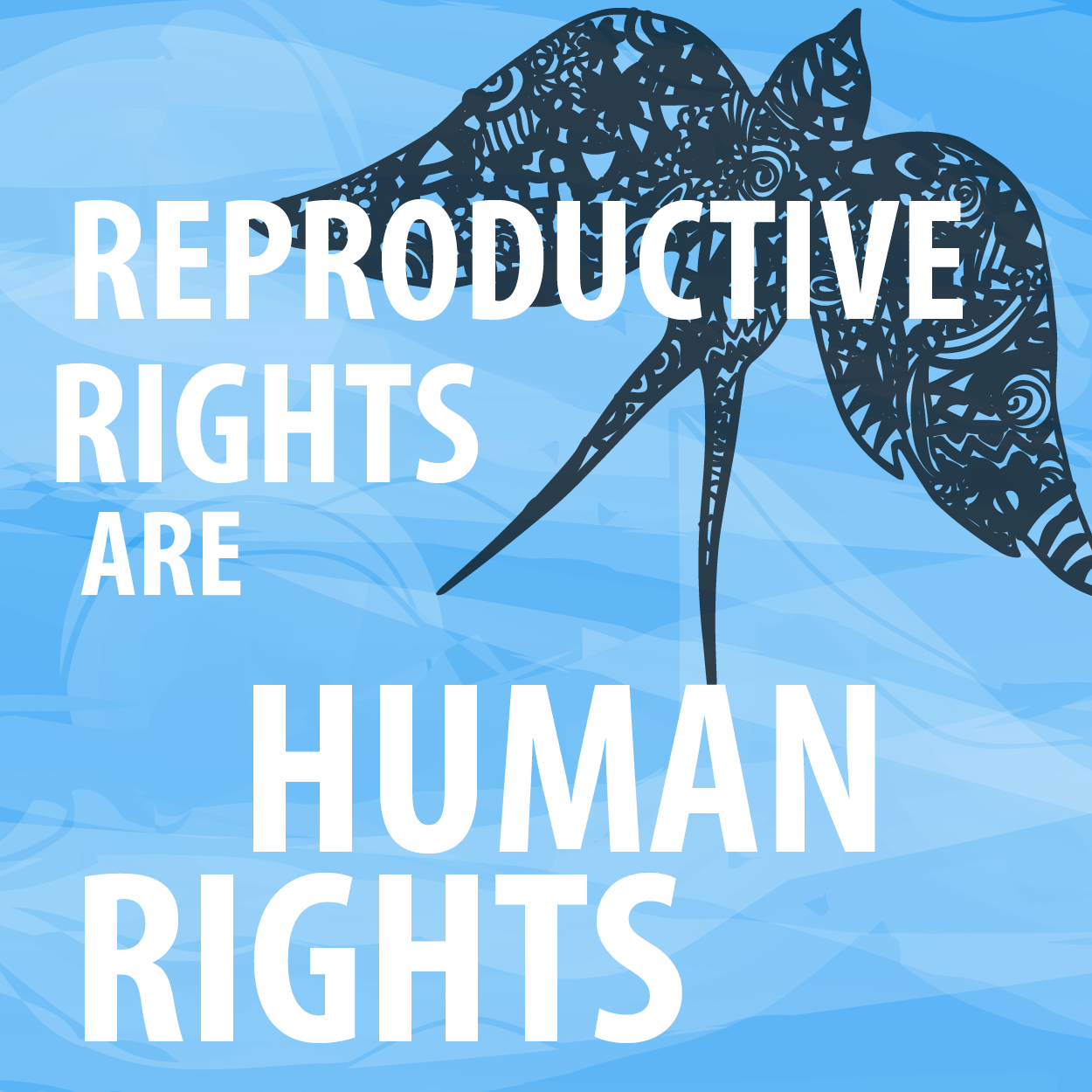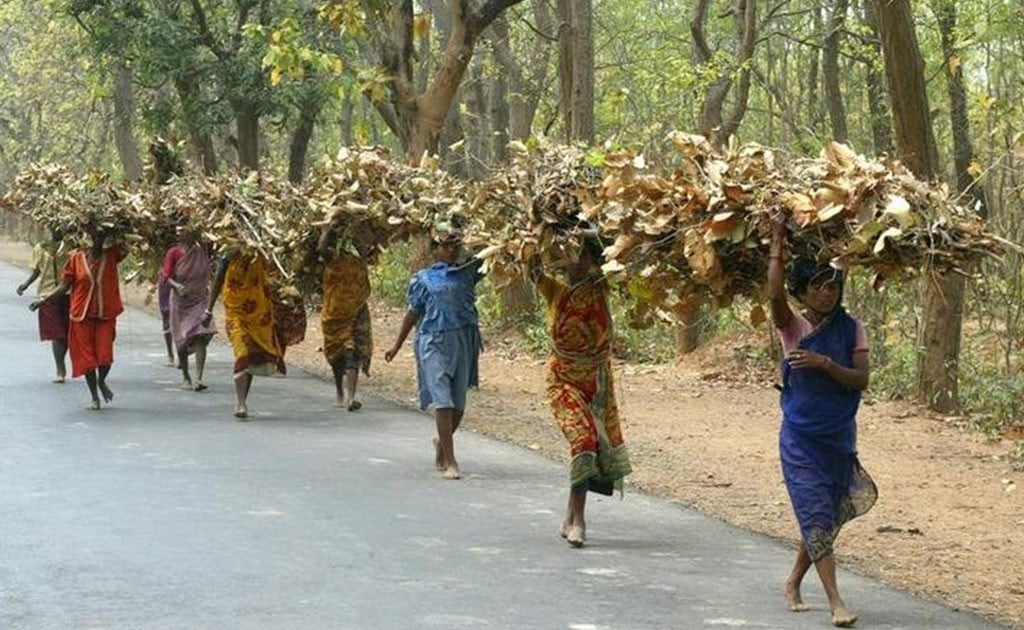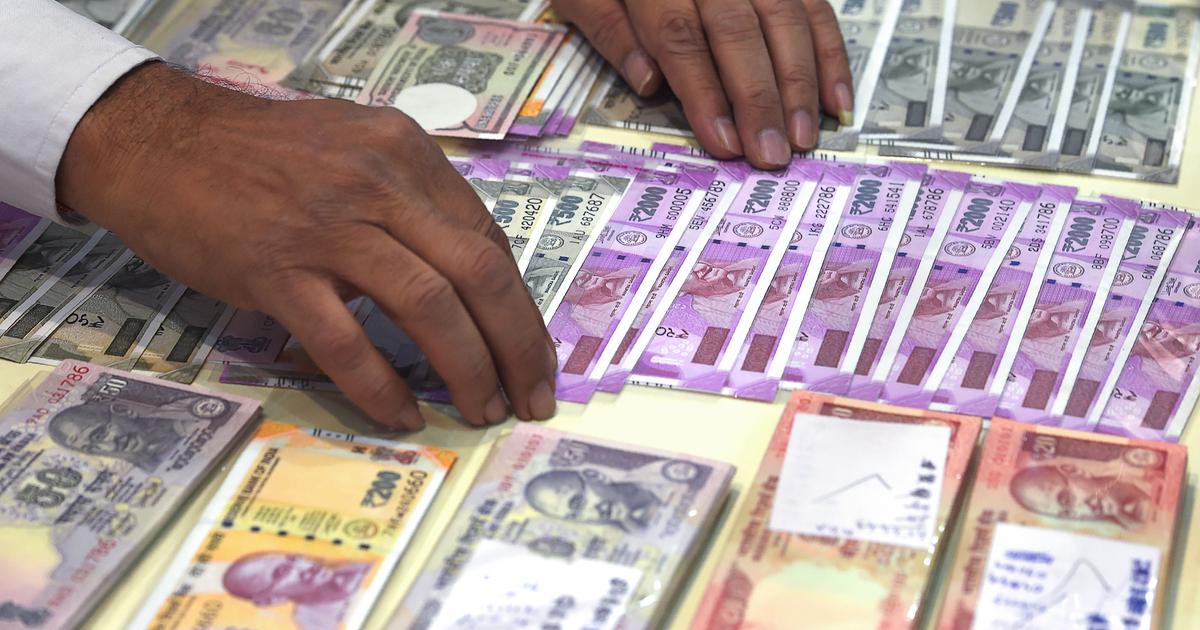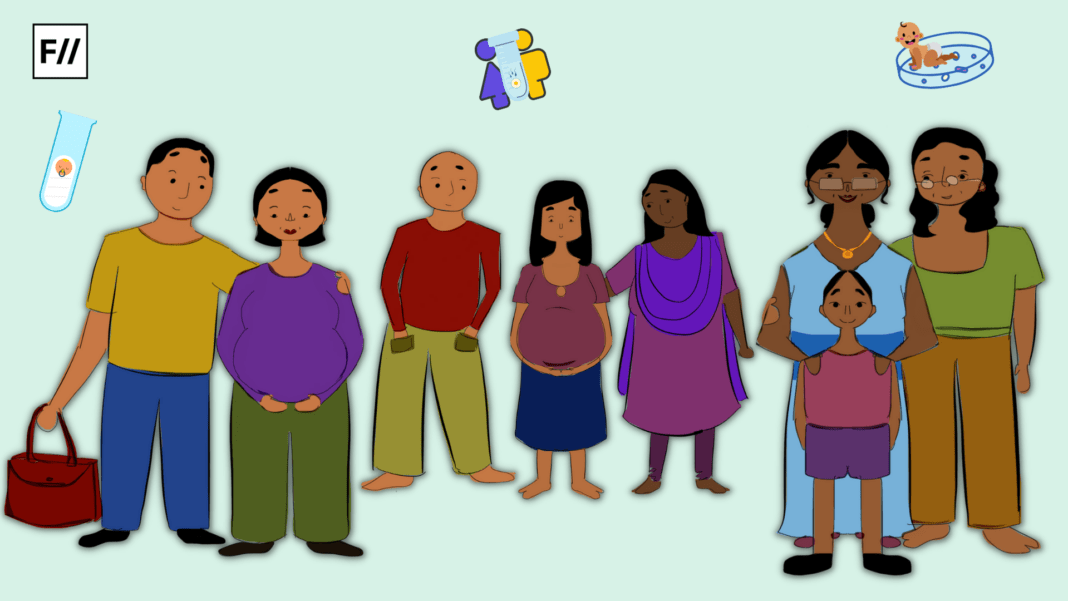The pregnancy of a ten-year-old girl from Rohtak, Haryana who was repeatedly raped by her stepfather has once again brought into public domain the topic of abortions in India. The question of termination of the girl’s pregnancy was in the hands of a panel of doctors.
According to the Medical Termination of Pregnancy Act (1971), a woman who is under 20 weeks pregnant has the right to terminate her pregnancy. However, Dr. Manisha Gupte, co-founder of the NGO Mahila Sarvangeen Utkarsh Mandal (MASUM), says that there is a difference between the MTP and an abortion.
“Abortion means that a woman can go to any clinic and get her pregnancy terminated. But India’s MTP act requires the woman to get the permission of a doctor to abort the foetus. It is dependent on the doctor’s individual opinion, which is a very subjective matter,” she said, in an interview with the writer of this story. Even though medical practitioners are referred to in such cases, there have been examples where courts have denied women the permission to abort the foetus.
Also Read: A Call To Overhaul The Abortion Law In India
There has been a rise in cases of women asking for the right to lawfully terminate their pregnancy. The law takes into consideration reasons such as rape, threat to the physical or mental health of the woman, or failure of contraceptive. In 2015, a Gujarat High Court judge rejected the plea of a 24-year-old rape survivor to terminate her pregnancy, stating that it would endanger her life.
India’s MTP act requires the woman to get the permission of a doctor to abort the foetus.
One of the reasons behind the 20-week limit was to curtail abortions based on gender-biased sex selection. According to the census, in 1981 and 1991, there were 933 and 927 females per 1000 males respectively. More than 20 years after the MTP act was passed, the Pre-Natal Diagnostic Techniques Act (PCPNDT) was implemented. The aim was to stop sex-selective termination of pregnancy (As per the 2011 census, the sex ratio remains skewed towards males at 933:1000).
“The lack of knowledge about abortion rights is widespread. There’s also a huge social stigma attached to the act of abortion, and also to women’s sexuality in general. Women are often judged and mistreated at abortion clinics. This is why several of them opt for unsafe methods. In many cases, it is the family that controls the woman’s reproductive rights,” says Dr. Gupte.
In India, 10 women die every day due to unsafe abortions according to experts, a report in January 2017 said. US President Donald Trump’s ‘Global Gag Rule’, banning federal funding for organisations that provide information on terminating pregnancy, is expected to reduce fund flows into India by at least INR 68 crore. This action would affect rural women the most, a report by The Economic Times stated.
In 2003, the MTP act was amended to allow terminations of pregnancy only in clinics or institutions established, maintained or approved by the government. In spite of this, around 66% of India’s abortions are carried out through illegal methods, according to a study published the World Health Organisation and the Guttmacher Institute in 2012.
This writer also spoke to Dr. Suchitra Dalvie, Co-ordinator for the Asia Safe Abortion Partnership and former director of the Family Planning Association of India. “Women’s abortion is a challenging issue to deal with, because it’s an intersection of all the other issues that we refuse to confront. It involves women’s sexuality, contraception, socio-cultural conditions, and the patriarchal control over women and their bodies. The priority is always the woman’s health and well-being; the child comes later. Post 20 weeks of pregnancy, the abortion may or may not be dangerous, depending upon the situation and health of the woman. But Caesarean deliveries are much riskier,” she says.
According to data released in response to an RTI filed by activist Chetan Kothari, the number of MTPs carried out in Mumbai was 33,526, a 4% decline from the 34,790 cases in 2015-16. The biggest decline was in the 15-19 age group, showing a positive trend in teen pregnancies. However, experts are sceptical about calling it a healthy sign yet.




